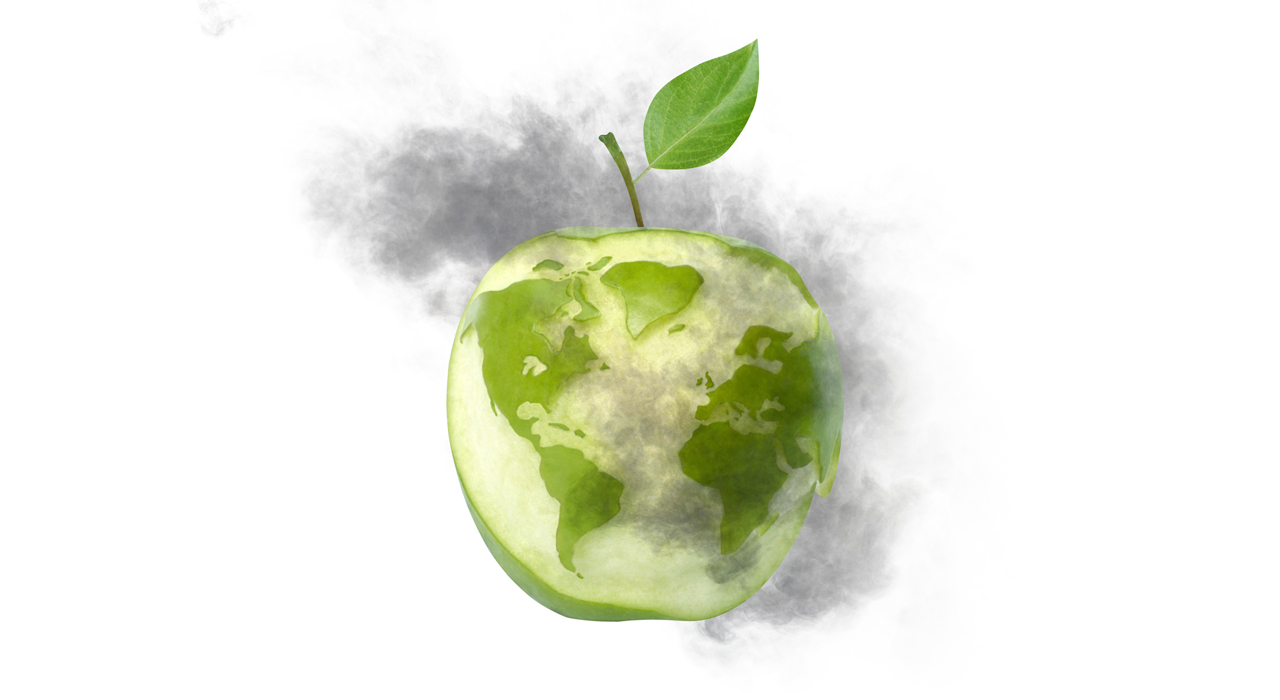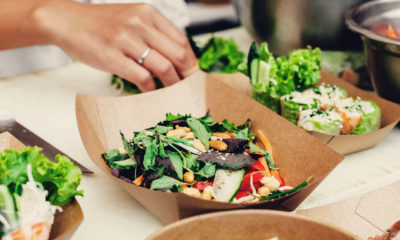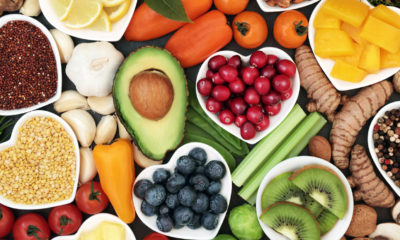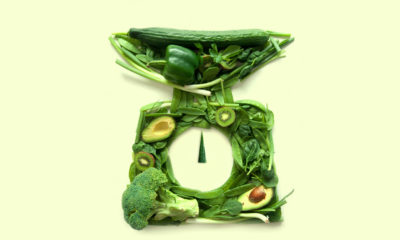Health
Greenhouse Gases and Food
Have you ever stopped to think about how the food you are eating is affecting the environment? You may have seen some information on the news about climate change and protecting our forests, or maybe even started becoming more conscious of additives that are put in our food. But is the food we consume really impacting the environment to a significant extent?
When it comes to food we consume, it can be easy to associate whole foods and lean meats with being good for you and also for the environment, while food with additives are bad for you and the environment. Surprisingly, even though consuming whole foods and lean meats is in general far better for you, there are still more pieces to the puzzle that we need to take into consideration when it comes to our environment.
Not all whole foods are created equal. When we talk about whole foods, we are talking about foods that are minimally processed and are as close to their natural state as possible. This is going to include fruits, vegetables, grains, beans, legumes, nuts, and seeds. Now all of those sound healthy and come from the ground, so how could they possibly be “bad” for the environment.
First, we have to look at how the food was grown. When we purchase food that is not organic, that’s food that was grown on land treated with pesticides and herbicides (xenobiotics). These toxic chemicals are used to kill unwanted vegetation that could interfere with the growth of the plants farmers are trying to grow, but not only do they affect vegetation, they can also greatly impact our very own endocrine systems that play a vital role in our health. Not only do these toxic chemicals get onto and into our food, but they also degrade our water and air quality. This can run into our lakes, rivers, streams, oceans, and even our drinking water, affecting not only ourselves but other plant and animal life as well. Because of the heavy use of xenobiotics, the vitamin, mineral, and phytochemical content of our food has greatly decreased, meaning we need to consume more food in order to get the same amount of nutrients per calorie.
What’s more, a large portion of these foods are transported to factories where they will be turned into other processed foods, packaged, and sent out to stores for consumers to purchase. But the use of xenobiotics doesn’t stop just in the soil as they are also used in the food’s packaging. So not only are we using chemicals to grow and package the food, but we are polluting the air (or water) with gas emissions in order to transport and process the food as well. The gas emissions become even more impactful when the food is being shipped around the world.
So, is eating more lean meat better for the environment? Sadly not. The world’s food and agriculture industry creates more than a quarter of man-made greenhouse gas emissions, with the highest percentage linked to animal products. To make matters worse, Americans consume the highest amount of animal products in all of the world. Research has shown that by switching to a plant-based diet we could cut down gas emissions immensely. If we look at the big picture, the problem is multifaceted, but a huge factor is deforestation. Beef cattle raised on deforested land creates 12 times more greenhouse gases. Research has shown that even the lowest impact beef takes up 36 times more land then plants and creates six times more greenhouse gases. What is shocking is that livestock provides less then 20% of our calories but takes up over 80% of our farmland.
So what can we do in order to reduce our carbon footprint?
- Look for whole foods that are organic, local, and in season. Not only will you be avoiding pesticides and herbicides, but you will also minimize the gas emissions for transport.
- Focus on a more plant-based diet. By reducing the amount of meat you consume you will make a difference.
- If you do consume meat, look for wild caught non-farmed options with an emphasis on avoiding beef.
- Minimize the processed foods you buy.
While this may not be an easy fix, by simply making a few minor changes in the way we buy our food, we can start to make a positive impact.




















